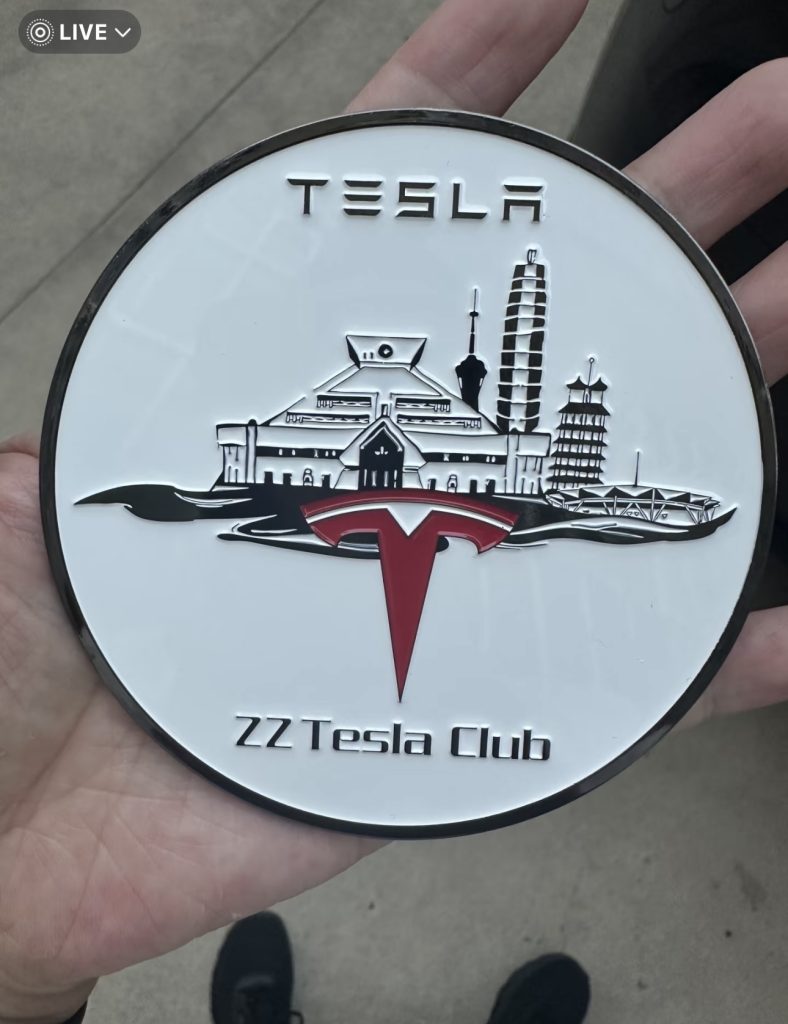In the modern market, making consensus is an important strategy to build trust and promote purchasing behavior between brands and consumers. The following is mainly to explore the definition of manufacturing consensus, the method and its impact on consumer behavior. By analyzing success stories and potential risks, we will also show how companies can build consumer consensus through social media, brand values, and community interactions.
·Manufacturing Consensus is the process by which consumers agree on an idea, product, or service through strategic communication, marketing, and brand narrative. This concept can be traced back to Agenda-Setting Theory and Framing Effect in communications.
·This includes functional consensus, where consumers agree that the product is functional enough to meet their needs. There is also emotional consensus, where consumers become emotionally attached to a brand’s culture or values. There is also social consensus. Consumers feel that participating in a brand is a sign of social identity.
·Brands connect consumers emotionally with the brand by telling resonant stories. For example, IKEA’s advertisements emphasize the warmth of the family and build the emotional consensus of consumers on IKEA products.
·Through the establishment of brand communities, enterprises promote the interaction between consumers and form identity. The Tesla Owners Club is not only a collection of fans, but also a strong social consensus through regular activities and shared experiences.
·With regard to data-driven precision marketing, by analyzing consumers’ behavioral data, enterprises can accurately recommend content that meets consumers’ needs and interests, and improve the efficiency of consensus formation. Amazon’s recommendation algorithm makes consumers feel the correctness of the choice through product mix recommendations.
It has a positive impact on consumer behavior, enhancing purchase intention, and consensus reduces the decision-making pressure of consumers, thus promoting purchase behavior. At the same time, it is also necessary to enhance brand loyalty, and consumers have higher loyalty to the brand due to emotional resonance and social recognition.
·The first of the potential negative effects is the risk of information manipulation: excessive emphasis on brand value may lead to consumer misunderstanding of the actual performance of the product. And too segmented target market may strengthen the gap between groups, resulting in social and cultural differentiation.
·How to create consensus of ethics and social responsibility, also need to think about, creating consensus is not only a business strategy, but also involves the protection of consumer rights and interests. Companies need to be transparent and avoid over-embellishment or false claims. There should also be diversity, respect for the cultures and values of different consumers, and avoid forced homogenization. The most important point is privacy protection, and respect for consumer privacy when using data-driven strategies.
Therefore, creating consensus has a non-negligible importance in modern marketing, which can not only help brands stand out in the competition, but also narrow the distance with consumers through emotional connection and value resonance. However, while pursuing business goals, companies should focus on their social responsibility to ensure that the process of creating consensus truly helps consumers and society.








This is a very objective article. On the surface, it seems that we are consuming goods, but in fact, we are misled by the underlying social information, which makes us have the desire to consume.